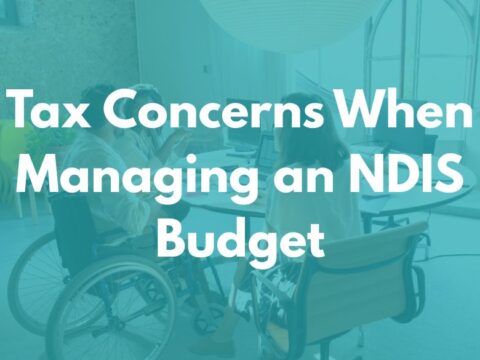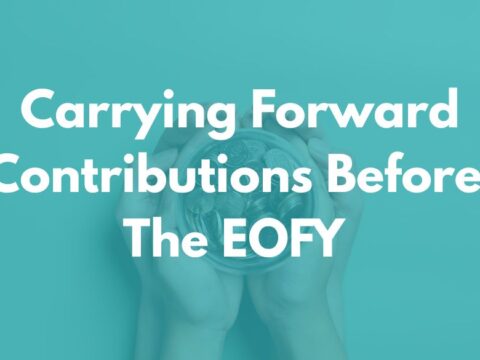Vehicle-Related FBT – How To Manage What You’re Providing
As an employer, when you provide vehicles like sedans, station wagons, or passenger vans for your employees’ private use, you might be offering a car fringe benefit.
This applies to the employee behind the wheel and applies if their family members or associates use the vehicle. Understanding the implications of this can be crucial, as it triggers Fringe Benefits Tax (FBT).
Knowing how FBT applies can help you manage these benefits effectively, whether it’s a compact SUV, an ute, or a company-owned sedan.
Vehicle Type – What Is A ‘Car’?
Determine if the vehicle qualifies as a “car” under FBT rules, including sedans, utes, and certain passenger vehicles. Vehicles like motorbikes or those with high carrying capacity might instead be classified under residual fringe benefits.
- Private Use: A car fringe benefit arises if the vehicle is used for private purposes, including being garaged at an employee’s home or used for commuting.
- Exemptions: Certain vehicles, like eligible electric cars, may be exempt from FBT, provided they meet specific criteria.
Calculating The FBT
FBT can be calculated using two methods: the statutory formula method and the operating cost method. The records you need to keep depend on which method you use to calculate the taxable value of the benefit you provide. You need to have records to support any claims or calculations you make.
Statutory Formula Method:
This applies a fixed percentage (20%) to the car’s base value.
To use the statutory formula method, you must have the following records:
- normal purchase records
- invoices
- receipts
- journal entries
- bills of sale
- lease documents
- employee records/declaration
Operating Cost Method:
This considers actual operating costs and the percentage of private versus business use.
To use the operating cost method, you must have the following records:
- actual costs repairs
- maintenance
- fuel registration and insurance leasing costs
- deemed costs
- depreciation
- Interest
When Might A Car Be Exempt From FBT?
Electric cars are exempt from FBT under specific conditions. Certain vehicles, such as taxis and utes, might also be exempt if their private use is minimal.
How To Remain Compliant
You need to:
- work out the taxable value of the car fringe benefit
- calculate how much FBT to pay
- lodge your FBT return
- pay the FBT amount
- check if you should report the fringe benefit through Single Touch Payroll (or on your employee’s payment summary).
Once the FBT year ends (on 31 March), use your records to calculate your FBT. If you have an FBT liability, you must lodge a return and pay any FBT you owe. FBT returns and payments are due by 21 May if you prepare your return yourself or your tax practitioner lodges it by paper on 25 June if your tax practitioner lodges it electronically.
Navigating car fringe benefits can be complex, but understanding these key aspects will help ensure that your business remains compliant while providing vehicles to your employees. Need assistance with determining FBT? Why not speak to your trusted tax advisor?
IMPORTANT NOTICE
This blog post contains general information only and has been prepared by Allworths without reference to your objectives, financial situation or needs. Allworths cannot guarantee the accuracy, completeness or timeliness of the information contained here. By making this information available to you, we are not providing professional advice or recommendations. Before acting on any of the information contained here, you should seek professional advice.




